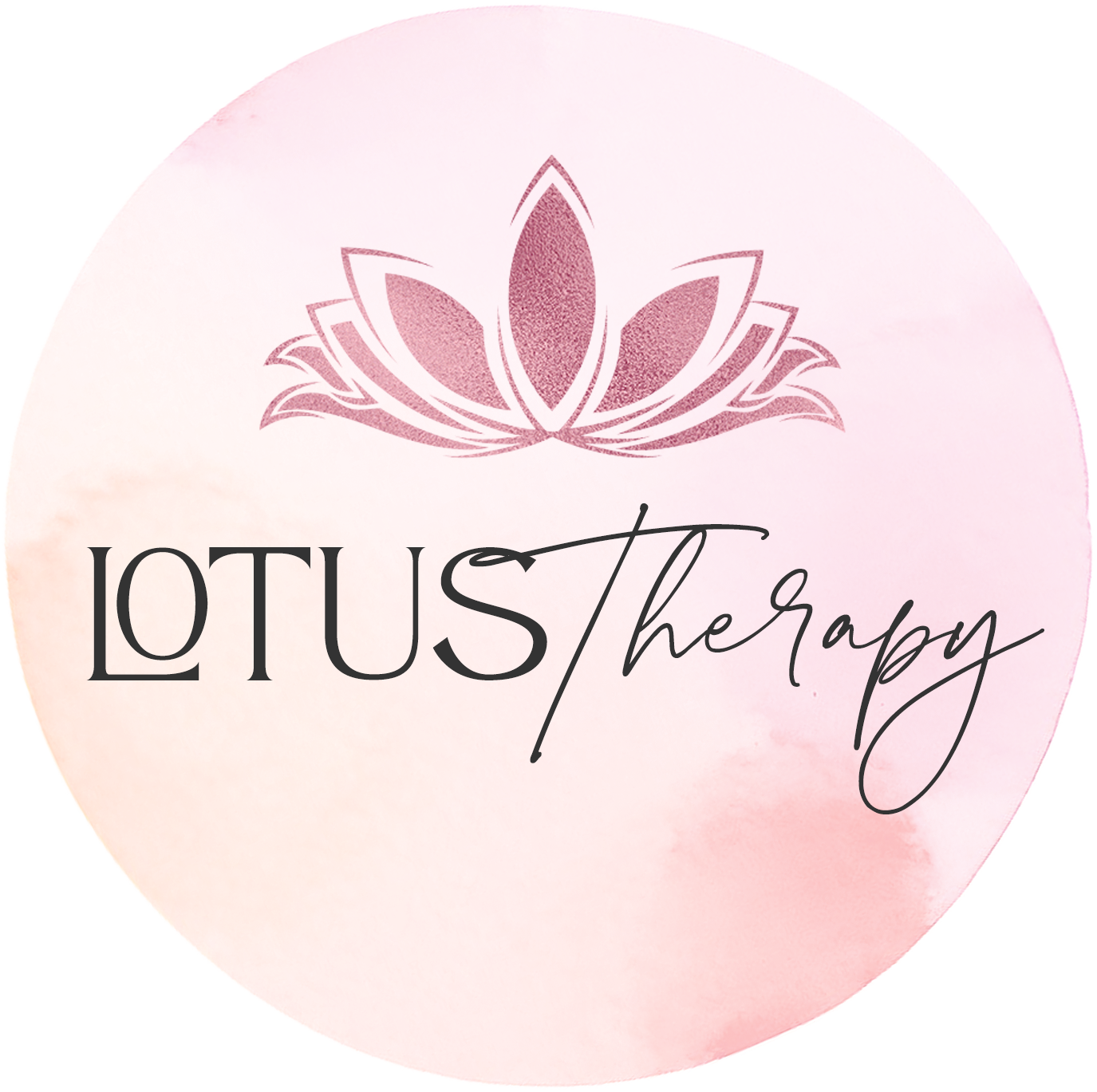How To Apologize
“Hold Me Tight”: How to Truly Apologize and Rebuild Emotional Safety in Your Relationship
Apologies are often seen as the fix-all in relationships. Say you're sorry, and move on — right?
But if you’ve ever been on the receiving end of a hollow apology, or found yourself apologizing repeatedly without anything really changing, you know that not all apologies are created equal. In fact, some apologies can even deepen disconnection when they lack sincerity, emotional depth, or acknowledgment of impact.
In Hold Me Tight, Dr. Sue Johnson writes about how couples can repair rifts by creating emotional safety and responding to each other’s distress with empathy and presence. At the heart of this process is learning how to truly apologize — not just to end a fight, but to rebuild trust.
What Makes a Real Apology?
A true apology doesn’t just clean up the surface. It reaches down into the emotional layers beneath the conflict — fear, hurt, loneliness, longing — and says: “I see that I’ve hurt you. And I care enough to take responsibility for that.”
Real apologies are not about being “right” or “wrong.” They are about honoring the connection between you and your partner and expressing your willingness to understand how your words or actions affected them.
Why Saying “I’m Sorry” Isn’t Enough
Often, apologies go wrong when they:
Minimize the other person’s experience (“I didn’t mean it like that”)
Shift the blame (“Well, you started it”)
Include conditions (“I’m sorry, but you were overreacting”)
Focus on the intent instead of the impact
These kinds of apologies might protect our ego in the short term, but they don't foster closeness. They create more distance and confusion, especially when one partner is still hurting and doesn’t feel seen.
In emotionally secure relationships, repair isn’t rushed. It’s felt.
The Elements of a Healing Apology
Here’s how to offer an apology that can help your partner feel emotionally held — the kind of repair that reflects what Hold Me Tight teaches about safe, bonded love.
1. Slow Down and Regulate
Take a breath. You can’t offer emotional safety to your partner if you’re still activated or defensive. Pause long enough to shift from protection to presence.
2. Acknowledge the Pain
“I can see that what I said really hurt you.”
This is where you stop focusing on what you intended and start tuning in to how your partner was affected. It might feel vulnerable, but this is where healing begins.
3. Take Responsibility
“I was short with you. I shut down. I didn’t listen the way you needed.”
No excuses, no deflection. Just honest, compassionate ownership.
4. Express Regret with Empathy
“I’m truly sorry I caused that pain. I care so much about how you feel.”
This is about connection, not correction. When your partner hears that you feel their pain with them, the emotional wall begins to lower.
5. Reassure With Action
“I want to do better. Next time, I’ll try to pause instead of pulling away.”
Let your apology be a bridge to behavior change. Reassurance without follow-through can feel empty, so make sure your words are backed by intention.
When You’re the One Who’s Hurt
You deserve a sincere, emotionally present apology. But while waiting for it, remember:
Ask for what you need without shame: “I need to feel like you understand how that affected me.”
Stay with your feelings rather than accusations: “I felt dismissed” instead of “You always ignore me.”
When the apology comes, try to receive it. Being open to repair is part of healing too.
Repair Is the Real Romance
Every couple will hurt each other at times — not because they don’t love each other, but because intimacy makes us vulnerable. It brings up old wounds, unmet needs, and moments of misunderstanding.
But love isn’t measured by how few mistakes we make. It’s measured by how we show up in the aftermath.
It’s measured by our ability to say:
“You matter more to me than my pride.”
“I want to understand you, not win against you.”
“Let’s hold on to each other, even when we hurt.”
That’s what real repair looks like. That’s what truly saying “I’m sorry” can offer not just closure, but deeper closeness.
If you and your partner struggle with repair or emotional safety, couples therapy can help you reconnect. I help couples slow down, hear each other clearly, and rebuild trust where it’s been frayed. Let’s work together toward real healing.
As a couples therapist based in Lakeland, Florida, I offer personalized counseling services to help couples strengthen their relationships. If you feel that professional help could benefit your relationship, don’t hesitate to reach out! If you're looking for something more personalized, I invite you to contact me for a consultation or book a session. Together, we can work towards building a more intentional and fulfilling relationship.
Written By: Crystin Nichols MS, RMFTI

